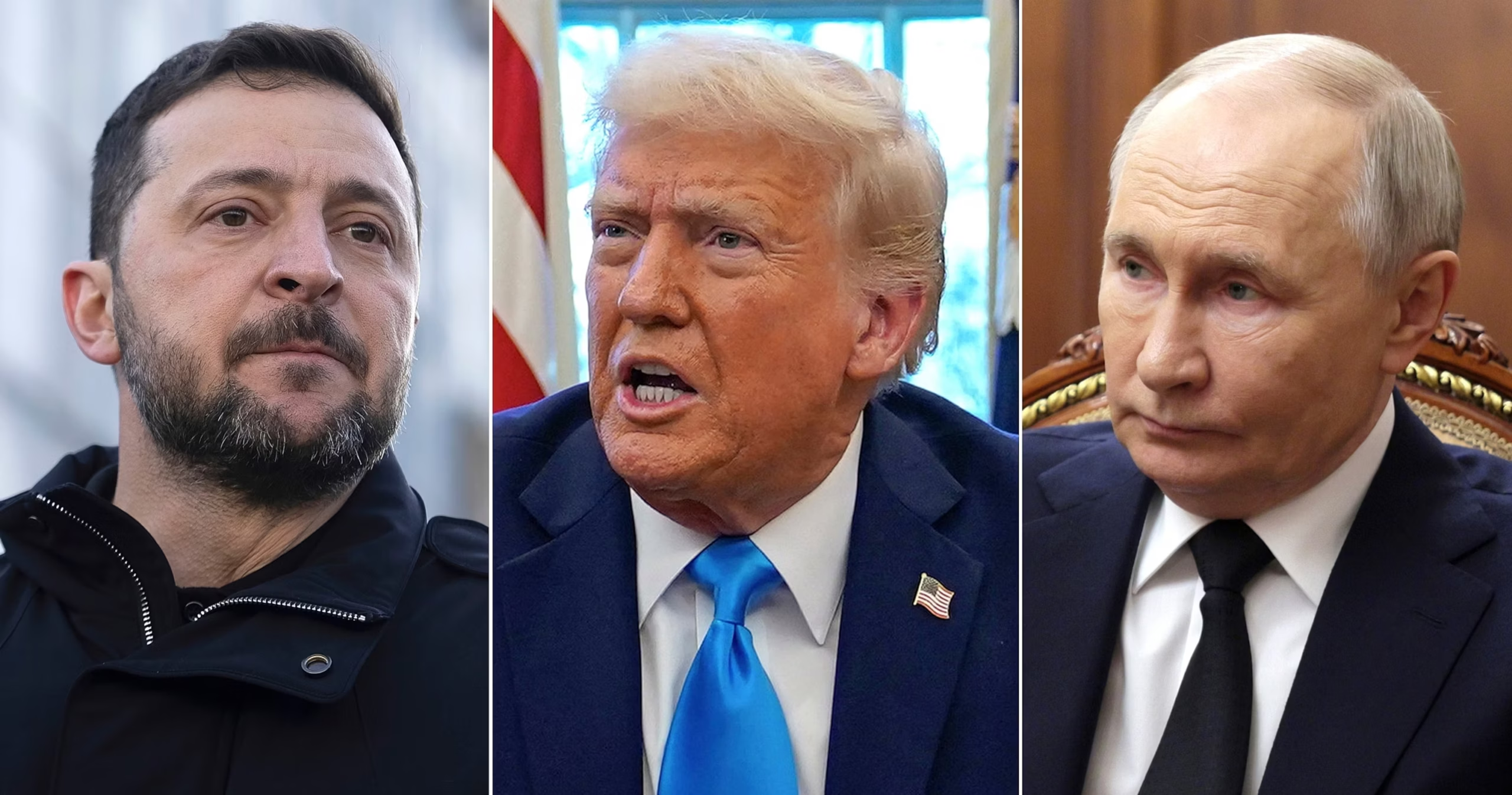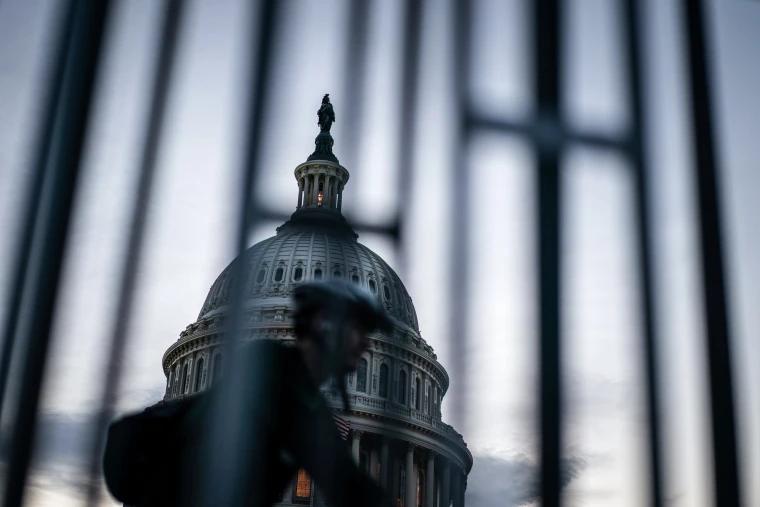Already a subscriber? Make sure to log into your account before viewing this content. You can access your account by hitting the “login” button on the top right corner. Still unable to see the content after signing in? Make sure your card on file is up-to-date.
Multiple US lawmakers on both sides of the political aisle are pushing back on a 28-point peace plan backed by President Donald Trump that seeks to end the war in Ukraine.
Some shit you should know before you dig in: If you’re unaware, the US recently put forward a 28-point peace plan aimed at ending the Russia-Ukraine war, which lays out a framework that largely aligns with long-standing Russian demands. The proposal would require Ukraine to surrender significant territory (including the entire Donbas region and Crimea), impose strict limits on its military, and permanently abandon any pursuit of NATO membership. It also suggests Russia could receive even more land than it currently occupies and outlines “reliable security guarantees” for Ukraine. The plan was developed through talks involving US envoy Steve Witkoff, Secretary of State Marco Rubio, and Russian officials.

What’s going on now: In a notable development, some key US lawmakers have come out forcefully against the proposal, arguing that it rewards Russia and undermines Ukraine’s sovereignty. Independent Sen. Angus King was among the most outspoken, warning that “It rewards aggression. This is pure and simple. There’s no ethical, legal, moral, political justification for Russia claiming eastern Ukraine,” comparing the plan to the failed appeasement of the 1938 Munich Pact. Democratic Sen. Jeanne Shaheen called the proposal an “outrage,” stressing that it disregards the fundamental principles of territorial integrity and self-determination. Republican Sen. Thom Tillis argued that even his own party’s senior leadership hadn’t gone far enough, stating, “We should not do anything that makes (Putin) feel like he has a win here. Honestly, I think what Mitch said was short of what should be said.”
Other senators shared deep concerns that the plan was constructed without transparency and raised alarms that it may have originated more from Russia than from the US. Sen. King said that Secretary of State Marco Rubio had told them the draft being circulated “was not the administration’s plan” but instead “a ‘wish list of the Russians’.” Sen. Mike Rounds echoed this, arguing that “none of the information that was released on this particular proposal came back from the administration,” contradicting public statements from Trump officials. A State Department spokesperson later rejected their characterization as “blatantly false,” but the conflicting claims only heightened lawmakers’ alarm.
In the House, Rep. Michael McCaul also urged strong skepticism. Speaking on ABC’s This Week, he warned Ukraine not to sign anything without enforceable protections, pointing to the failed 1994 Budapest Memorandum. McCaul stressed that any deal must include “ironclad” security guarantees comparable to NATO’s Article 5, adding that “without that, I would not advise Ukraine to sign this.”







